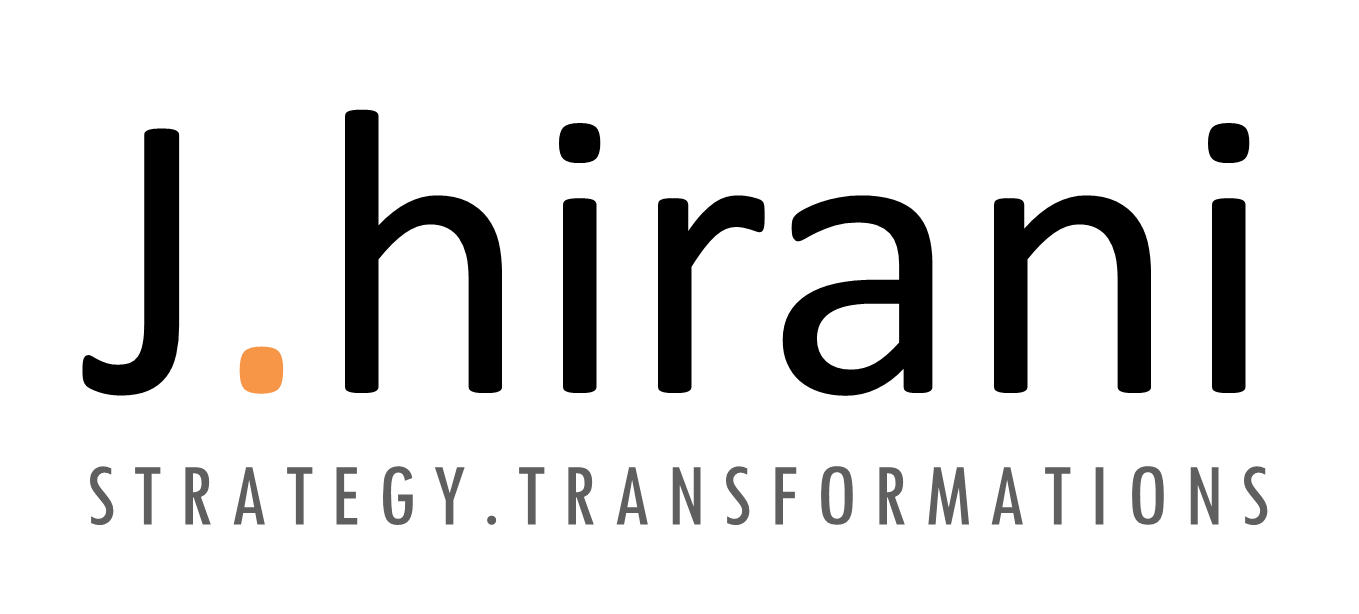Introduction
In today’s fast-paced and ever-changing business landscape, effective operations management is more critical than ever. As organizations continually seek to optimize their processes and maximize efficiency, it’s essential to stay updated on the latest trends in operations management. In this blog, we’ll delve into what’s new in the world of operations management, and how these emerging trends are shaping the way businesses operate.
Digital Transformation:
One of the most significant changes in operations management is the ongoing digital transformation of businesses. With the advent of advanced technologies such as Artificial Intelligence (AI), Internet of Things (IoT), and Big Data analytics, companies are streamlining their operations like never before. These technologies enable data-driven decision-making, automation, and improved supply chain management, leading to increased efficiency and reduced operational costs.
Sustainable Operations:
As environmental concerns grow and regulations become more stringent, sustainability is gaining traction in operations management. Companies are increasingly focused on reducing their carbon footprint, conserving resources, and adopting eco-friendly practices throughout their supply chains. Sustainable operations not only benefit the environment but also appeal to environmentally conscious consumers.
Supply Chain Resilience:
The COVID-19 pandemic exposed vulnerabilities in global supply chains, prompting organizations to reevaluate their supply chain strategies. Supply chain resilience has become a key focus in operations management, with businesses diversifying suppliers, increasing inventory levels, and utilizing technology to monitor and respond to disruptions swiftly. This ensures continuity in the face of unforeseen challenges.
Lean and Agile Operations:
Lean and agile operations are becoming the norm. Businesses are striving to eliminate waste, reduce lead times, and enhance flexibility in their operations. The lean approach focuses on streamlining processes, while agility emphasizes the ability to pivot quickly in response to changing customer demands and market dynamics.
Customer-Centric Operations
In a competitive marketplace, placing the customer at the center of operations is a growing trend. Customer expectations are continually evolving, and businesses are adapting by offering personalized products and services, faster delivery, and seamless customer experiences. This shift towards customer-centric operations enhances customer loyalty and drives revenue growth.
Remote Work and Virtual Teams:
The COVID-19 pandemic forced many organizations to adopt remote work and virtual teams. Even as the pandemic subsides, many companies are choosing to retain some level of remote work. This shift in operations management has led to the development of virtual collaboration tools and the need to adapt management techniques to suit a remote workforce.
Adoption of a hybrid model enhances work life balance leading to higher productivity. It increases flexibility in operations and adds to the motivation of team.
Risk Management:
Risk management has taken on greater significance in operations management. From cybersecurity threats to supply chain disruptions and natural disasters, organizations are proactively identifying and mitigating risks. Effective risk management strategies help prevent costly disruptions and protect an organization’s reputation.
Data Analytics and Predictive Maintenance:
Operations managers are increasingly relying on data analytics to make informed decisions. Predictive maintenance, for instance, uses data to anticipate equipment failures and reduce downtime. Data-driven insights empower managers to optimize processes and allocate resources more efficiently.
Conclusion
As businesses evolve in response to technological advancements, environmental considerations, and changing customer expectations, operations management must keep pace with these developments. Staying informed about the latest trends and innovations in operations management is essential for organizations to remain competitive, efficient, and resilient in an ever-changing business landscape. Embracing these trends can lead to improved processes, increased customer satisfaction, and sustainable, forward-thinking operations. So, whether you’re a seasoned operations manager or just starting your career, it’s crucial to keep your finger on the pulse of what’s new in operations management.
J.hirani provides strategic advisory services to manufacturing, service brands, product brands, online/ offline business. Read our capabilities.
Sign up to a first of its kind Agility Index 2023. Find out what makes an organization agile, where you stand, and how to improve agile capabilities.



